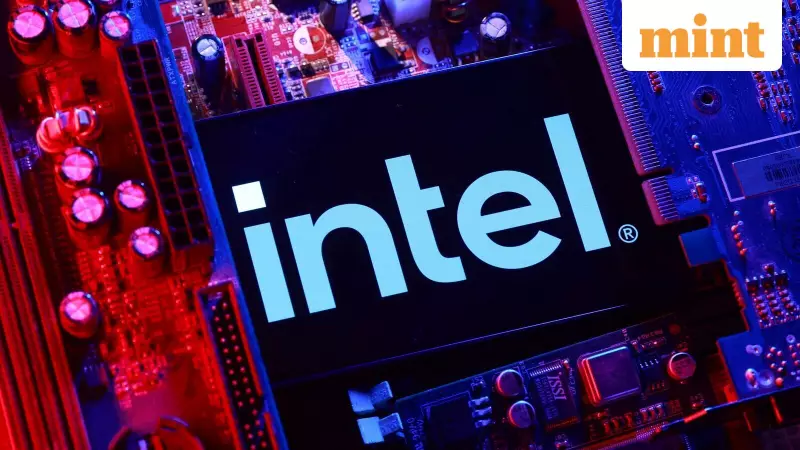
Intel Corporation, once the undisputed king of the semiconductor world, now stands at a critical juncture. Facing intense competition and technological disruption, the tech giant's very survival is being questioned by industry analysts.
The Perfect Storm: Challenges Closing In
Intel finds itself squeezed from multiple directions. NVIDIA's dominance in artificial intelligence chips, TSMC's manufacturing superiority, and AMD's relentless innovation have created what experts call a "perfect storm" for the legacy chipmaker. The company that once led the computing revolution now struggles to maintain relevance in the AI-driven landscape.
The Radical Solution: Breaking Up to Stay Whole
Industry observers suggest a dramatic solution: Intel must consider breaking itself apart. This isn't about surrender but strategic reinvention. By separating into focused entities—perhaps dividing chip design from manufacturing—Intel could create more agile, competitive units capable of taking on specialized competitors.
Why Restructuring Makes Sense
- Focused Innovation: Separate entities could concentrate on specific technological challenges without internal conflicts
- Financial Flexibility: Independent units might attract different types of investors and funding
- Competitive Agility: Smaller, specialized organizations could respond faster to market changes
- Partnership Opportunities: Restructured units might collaborate more effectively with other industry players
The Gelsinger Factor: Leadership in Crisis
CEO Pat Gelsinger faces what might be the toughest challenge of his career. Since returning to Intel, he's pushed aggressive initiatives, but the competition hasn't stood still. The question remains whether incremental changes are enough, or if more radical surgery is required to save the patient.
The Global Chip Race: No Room for Second Place
As nations pour billions into semiconductor self-sufficiency, Intel's struggles have broader implications. The company represents a crucial piece of America's tech sovereignty puzzle. Its failure wouldn't just be a corporate collapse but a geopolitical event with far-reaching consequences.
The coming months will be decisive for Intel. The choices made today—whether to maintain the status quo or embrace radical change—will determine whether this American icon survives to lead another computing revolution or becomes another cautionary tale in tech history.






